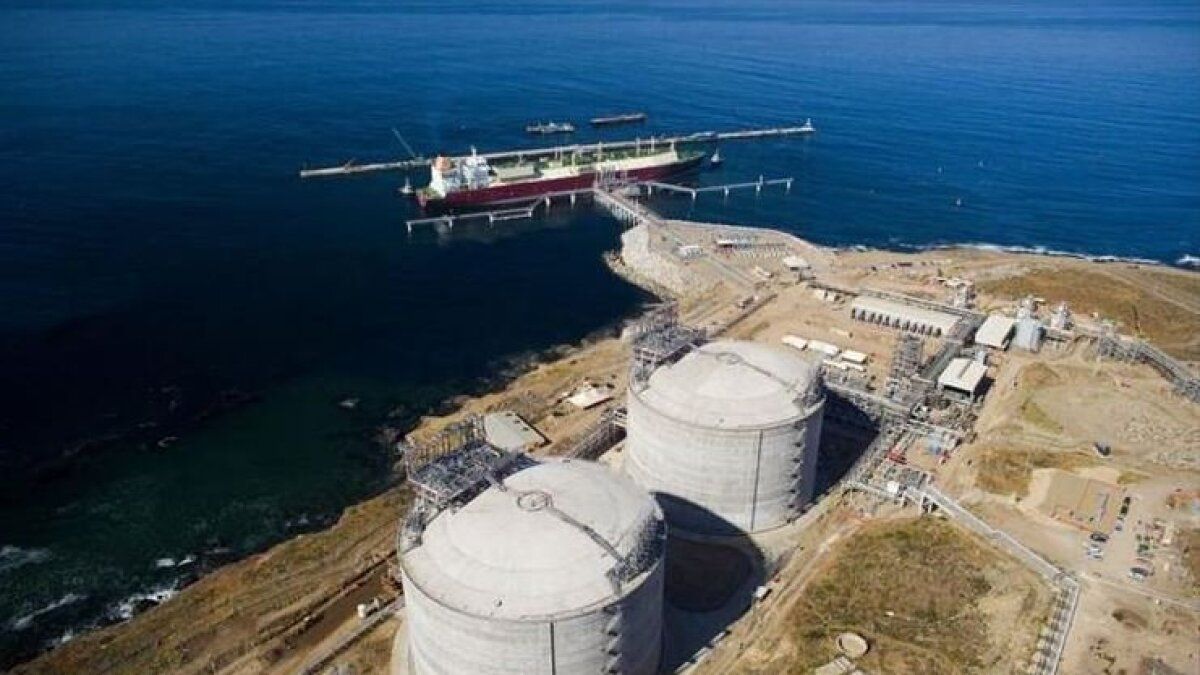The energy sector followed the elections closelyGiven the There are central topics on the agenda that must be defined after the general elections, and that involve million-dollar investments, negotiations with provinces and the legislative agenda. Starting this Monday, October 23, it will remain to be defined: the law of LNG, which has a half penalty; the tenders to take the gas from Vaca Muerta to different parts of the country and in the hands of who remains the hydroelectric plants.
LNG Law
The ruling party managed to approve the “Promotion Regime for Large LNG Investment Projects” in the Chamber of Deputies. However, it still needs the half-sanction of the Senate to become law. In the Lower House, the Together for Change bloc abstained and the La Libertad Avanza bloc voted against.
Companies interested in investing consider it a necessary condition, given that it guarantees fiscal stability for 30 years and firm exports. To join, it requires at least gigantic investments of at least US$1 billion. According to sources from the Ministry of Energy, there are two projects awaiting sanction to start: that of YPF-Petronas, which would begin the engineering evaluation in December, and that of TGS-Excelerate Energy, which is already undergoing a feasibility analysis. different alternatives.
Gas pipelines
After the elections, two key infrastructure works remain to be defined, which the private sector demands advance to think about a “regional Dead Cow”, which can export gas to Bolivia, Brazil and Chile.
On the one hand, the so-called “Northern Reversal”, which is the work that will allow Vaca Muerta gas to reach seven provinces in central and northern Argentina, which as of August 2024 will stop receiving firm energy from Bolivia, so they will require self-sufficiency to have energy in winter.
Although the work has already been put out to tender, and three offers have already been received (the American Pumpo INC and the local BTU SA, and Techint-Sacde), the contracts still remain to be awarded and signed. The cost of the work is US$710 million, which already has financing from CAF and Cammesa.
The second section of the Néstor Kirchner gas pipeline was further delayed, for which there has not yet even been any progress in its bidding. Unlike the first section, which was financed by the National Treasury, this second section of almost 500 kilometers that will reach Santa Fe does not have financing defined. Like any major infrastructure project, any jump in the exchange rate or problems importing supplies can generate delays.
Dams
In August of this year, the concessions for the hydroelectric plants, which had been privatized 30 years ago, began to expire. However, despite the Government’s intention for them to return to the hands of the State, and be administered by Energía Argentina (formerly Enarsa), the Ministry of Energy decided to extend the private concession. The extension expires on December 10, so the definition will be made by the administration that assumes the next mandate.
In August, the concessions began to expire in the Alicurá, El Chocón, Arroyito and Cerros Colorados hydroelectric plants, located in the north of the Patagonian region, managed by the companies AES, ENEL Generación and Orazul Energy. However, in the coming months other concessions will begin to expire and the future of another 17 dams will have to be defined.
The hydraulic sector is key for the electricity supply, since it represents 37% of generation, in second place after thermal energy (41%). Following in third position are renewable energies (15%) and nuclear (7%), according to the consulting firm Economía y Energía.
Source: Ambito




